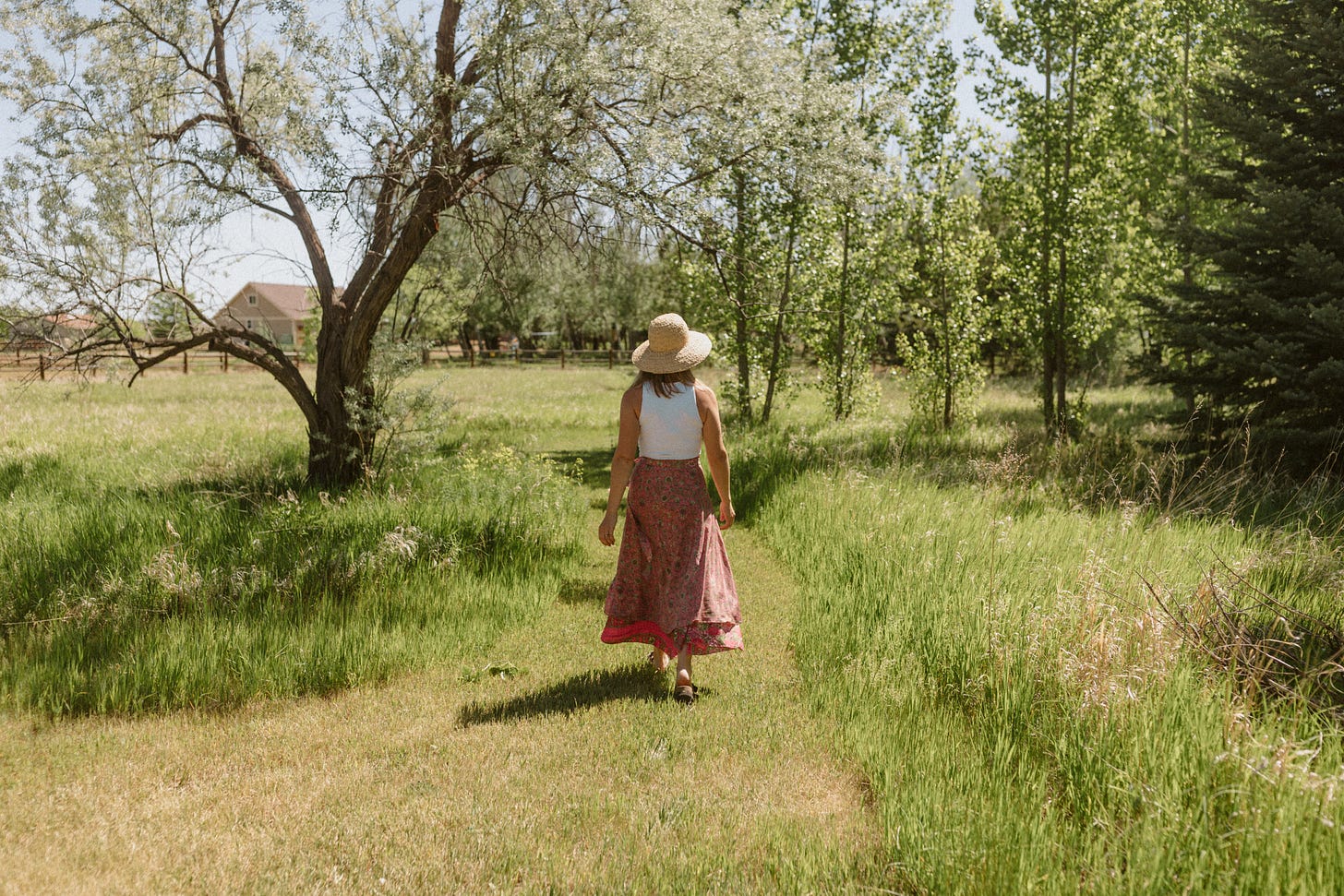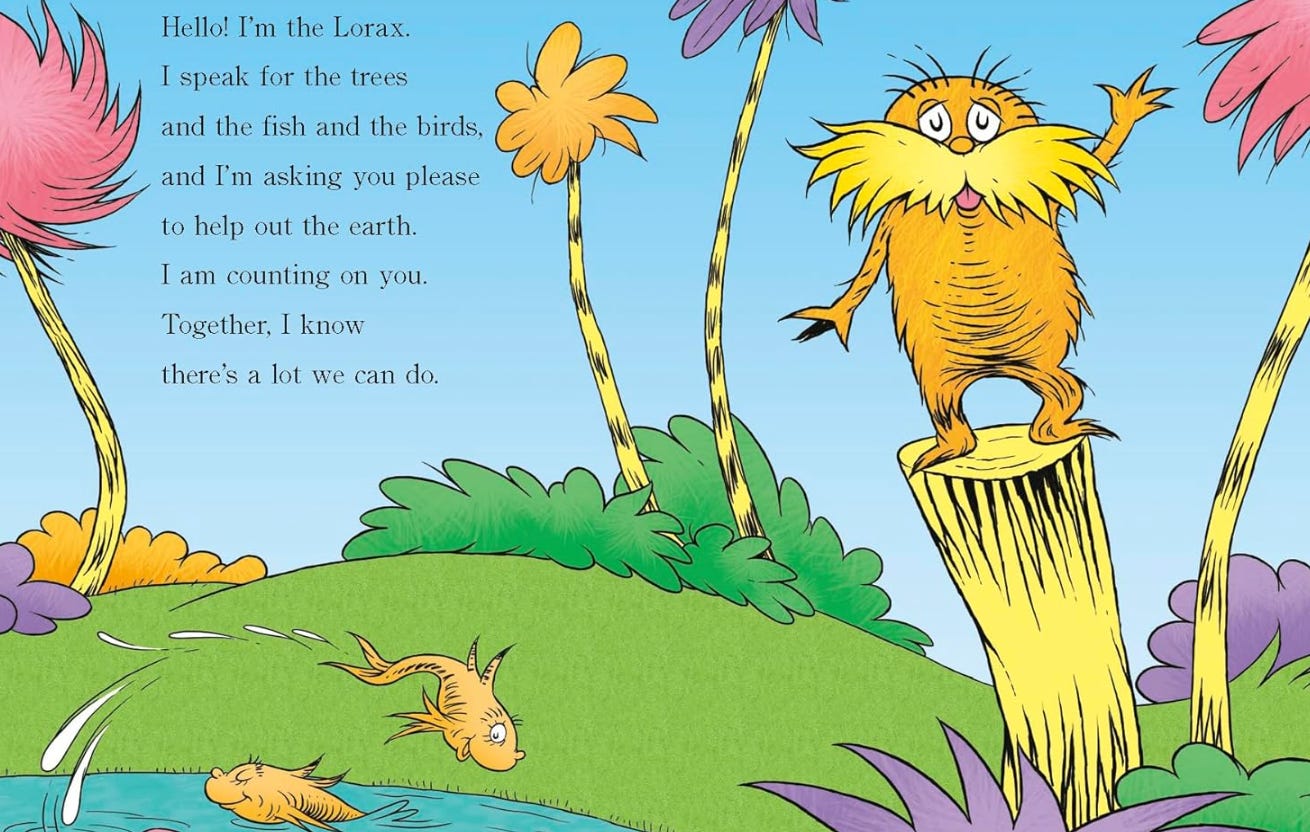Gardening as Resistance: Tending to Ourselves in a World That Feels Heavy
Seeds of Hope in a World That Feels Heavy
I’ve always been someone who stands up for others. Maybe it started in childhood, maybe it was shaped by personal loss, but the instinct has always been there. When I was in high school, a close friend took his own life because of bullying. That experience shaped me, leaving an imprint of grief but also a fire—a need to protect, to advocate, to ensure that cruelty does not go unchecked.
Lately, I’ve been feeling that same deep sadness and concern rise again. The political climate in the U.S. feels heavy, marked by the normalization of bullying on a national stage. It’s hard not to see echoes of history, and at times, it feels like we are moving in a dangerous direction. On a more personal level, I see my older daughter testing power dynamics with my younger one—developmentally normal, perhaps, but still breaks my heart to witness. When I shared on Instagram about being an earth guardian, someone commented, telling me to "save it for my diary." It can sometimes all feel like too much division.
And yet, I refuse to let fear tactics or bullying—whether from strangers on the internet, political figures, or historical patterns—dictate my actions. Instead, I am choosing to find love and compassion for those who react with hostility. But how do we hold this duality? How do we stay aware without becoming overwhelmed? How do we engage without becoming consumed?
The answer, for me, is in the garden.
—- See the Instagram post that ruffled someones feathers- @_mothergardener
Gardening as a Way to Stay Engaged but Not Consumed
There is something about tending to the earth that clarifies things. Gardening is a radical act—not just because it connects us to food sovereignty and ecological restoration, but because it reminds us of the long game. Plants grow in cycles. The soil remembers. And when things feel bleak, we can turn to the land to remind ourselves that healing is possible.
Being an earth guardian is not just about planting seeds in the ground—it’s about planting seeds of resilience, of justice, of hope. It’s about recognizing that we are part of a larger ecosystem, both physically and spiritually. When I feel powerless about the state of the world, I remember: tending to the land is tending to the future.
Lessons from Plants in Times of Environmental Stress
Plants have an incredible ability to adapt to adversity. In times of drought, deep-rooted perennials seek out hidden water sources, while others conserve energy by shedding leaves and slowing growth. In harsh conditions, certain species thrive by forming symbiotic relationships—fungi help trees access nutrients, flowers depend on pollinators to ensure their survival. These natural strategies remind us that resilience isn’t about pushing forward no matter what; it’s about adapting, conserving energy, seeking support, and knowing when to rest.
When we look to nature, we see that survival and thriving are deeply interconnected. Just as trees lean on the mycelial network beneath the soil, we must lean on each other, build strong communities, and nurture relationships that sustain us. The garden teaches us that strength is not in isolation but in interdependence.
How to Stay Aware Without Being Overwhelmed
Limit Doomscrolling, but Don’t Tune Out Completely – Ignoring the world doesn’t make it better, but consuming endless negative news doesn’t either. Choose trusted sources, stay informed, but step away when it becomes too much.
Use the Garden as a Meditative Practice – Weeding, watering, and planting are acts of presence. When the world feels chaotic, tending to the soil is a reminder of what is within our control.
Engage in Small, Meaningful Actions – Whether it’s planting native species, supporting local food systems, or educating others, small acts add up. We don’t have to solve everything, but we can do something.
Practice Loving-Kindness Toward Those Who Resist Change – Not everyone will understand why we care so much. Some will mock, dismiss, or try to silence. We can acknowledge their fear without absorbing it. Love and compassion are part of the work.
Build a Community of Like-Minded People – Isolation breeds despair. Finding or creating a network of people who share your values can be a powerful antidote to feeling small in the face of big issues.
Who Speaks for Those Who Cannot?
It’s one thing to teach people how to stand up for themselves, but what about those who can’t? What about the trees, the water, the soil, and the creatures that have no voice? Dr. Seuss’s The Lorax asks, Who will speak for the trees? That question echoes through time, reminding us that being a guardian of the earth means standing up for those who cannot advocate for themselves.
If we only focus on empowering people, we risk forgetting that much of what we love—the forests, rivers, pollinators, and soil—depends on us to be their voice. When I plant a tree, when I teach someone about sustainable gardening, when I choose native plants to support biodiversity, I am answering that call. We are not just tending our own small plots of land; we are caretakers of something much greater.
We Are Part of Something Bigger
The world is heavy right now, but history has shown us that the people who make a difference are those who refuse to look away. They are the gardeners, the healers, the builders of something new.
I will not "save it for my diary." I will not shrink myself to make others comfortable. Instead, I will keep planting—seeds, ideas, hope.
Because this is how change grows.






Thanks for this, I needed this reminder. It’s a scary time and only going to get worse for women especially. Doing my part or what I can to slow down or stop the damage to our country. The garden has become even more important.